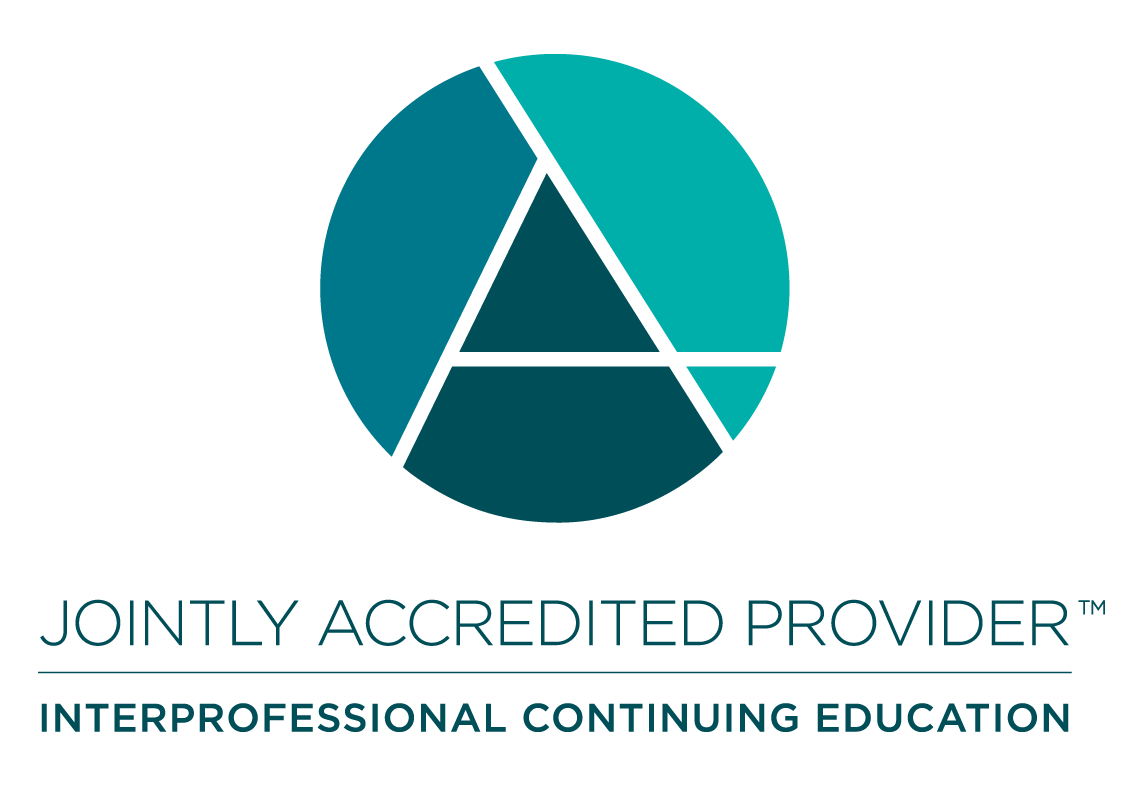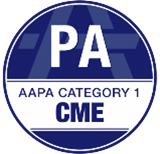
1302 Behavioral Health Integration Project Collaborative Learning Sessions - University of Colorado - Wednesday, April 30, 2024
-
Register
- Non-Member - Free!
- Regular Member - Free!
- Retired - Free!
- Early Career Physician - Free!
- Resident - Free!
- Student - Free!
- Associate - Free!
- ASAM Staff - Free!
- International Member - Free!
- Emeritus Member - Free!
- Provisional Member - Free!
- Fellow Member - Free!
- Honorary Member - Free!
- CRT Member - Free!

1302 Behavioral Health Integration Project Collaborative Learning Session
University of Colorado
April 30, 2024| Grand Junction, CO
Live Activity
Overview
This is an interactive day of learning for practices and practice facilitators. Attendees will be assigned to
small groups and travel together in a round robin style of participation to all four sessions. Presenters will repeat their content during each round-robin session, so all participants can hear the same content. The goal is to provide you with practical and approachable information that you can implement upon your return to your practices. Denials are trending upwards; what is your practice denial rate? Most denials are preventable; learn why. Discover steps to prevent future denials; bring your questions and examples. Colorado Alternative Payment Models – Engaging and Connections to Behavioral Health Integration.
Topics include:
- Demystifying 42 CFR Part 2 Confidentiality Regulations for Integrated Care Providers.
- Discover steps to prevent future denials; bring your questions and examples. Colorado Alternative Payment Models – Engaging and Connections to Behavioral Health Integration.
Learning Objectives
Upon completion, learners will be able to:
- Gain a better understanding of recent changes to federal regulations related to exchanging behavioral health information. Determine any changes needed in workflows, electronic health records management, or compliance practices.
- Uncovering and Fixing the Source of Claims Denials.
Course Instructions
- Click on the Contents tab to begin this activity.
- Click Complete Evaluation to provide valuable activity feedback. Scroll down on all questions as there may be answer options that expand past the size of the window.
- Click the button Claim Medical Credits in the box titled Claim Credits & Certificate. Choose the type of credit and click submit. Click the button View/Print Certificate to save or print your certificate. You can view/print your certificate at any time by visiting the ASAM eLearning Center, clicking Dashboard, and clicking Transcript/Achievements.
Need Assistance?
For assistance logging in, accessing the evaluation, claiming credit, or for other questions or concerns, please check the FAQ page or e-mail education@paltc.org
ASAM is proud to offer Essential Accessibility to ensure our website is accessible and functional for all our learners while providing free assistive technology for people with the widest possible range of abilities.
Accreditation & Credit Designation Statements
Joint Accreditation Statement

In support of improving patient care, this activity has been planned and implemented by the University of Colorado and the American Society of Addiction Medicine. The American Society of Addiction Medicine is jointly accredited by the Accreditation Council for Continuing Medical Education (ACCME), the Accreditation Council for Pharmacy Education (ACPE), and the American Nurses Credentialing Center (ANCC), to provide continuing education for the healthcare team.
Physicians
The American Society of Addiction Medicine designates this enduring material for a maximum of 4 AMA PRA Category 1 Credits™. Physicians should claim only the credit commensurate with the extent of their participation in the activity.
Nurses
This activity awards 4 Nursing contact hours.

PAs
ASAM has been authorized by the American Academy of PAs (AAPA) to award AAPA Category 1 CME credit for activities planned in accordance with AAPA CME Criteria. This activity is designated for 4 AAPA Category 1 CME credits. PAs should only claim credit commensurate with the extent of their participation.
Social Workers
As a Jointly Accredited Organization, ASAM is approved to offer social work continuing education by the Association of Social Work Boards (ASWB) Approved Continuing Education (ACE) program. Organizations, not individual courses, are approved under this program. Regulatory boards are the final authority on courses accepted for continuing education credit. Social workers completing this course receive 4 general continuing education credits.
IPCE Credit
This activity was planned by and for the healthcare team, and learners will receive 4 Interprofessional Continuing Education (IPCE) credit for learning and change.
Disclosure Information
In accordance with disclosure policies of ASAM and Joint Accreditation, the effort is made to ensure balance, independence, objectivity, and scientific rigor in all CME/CE activities. These policies include mitigating all relevant financial relationships with ineligible companies for the Planning Committees and Presenters. All activity Planning Committee members and Presenters have disclosed all financial relationship information. The ASAM CE Committee has reviewed these disclosures and determined that the relationships are not inappropriate in the context of their respective presentations and are not inconsistent with the educational goals and integrity of the activity.
Relevant Financial Relationships:
All of the planners, faculty, and staff have no relevant financial relationships.

